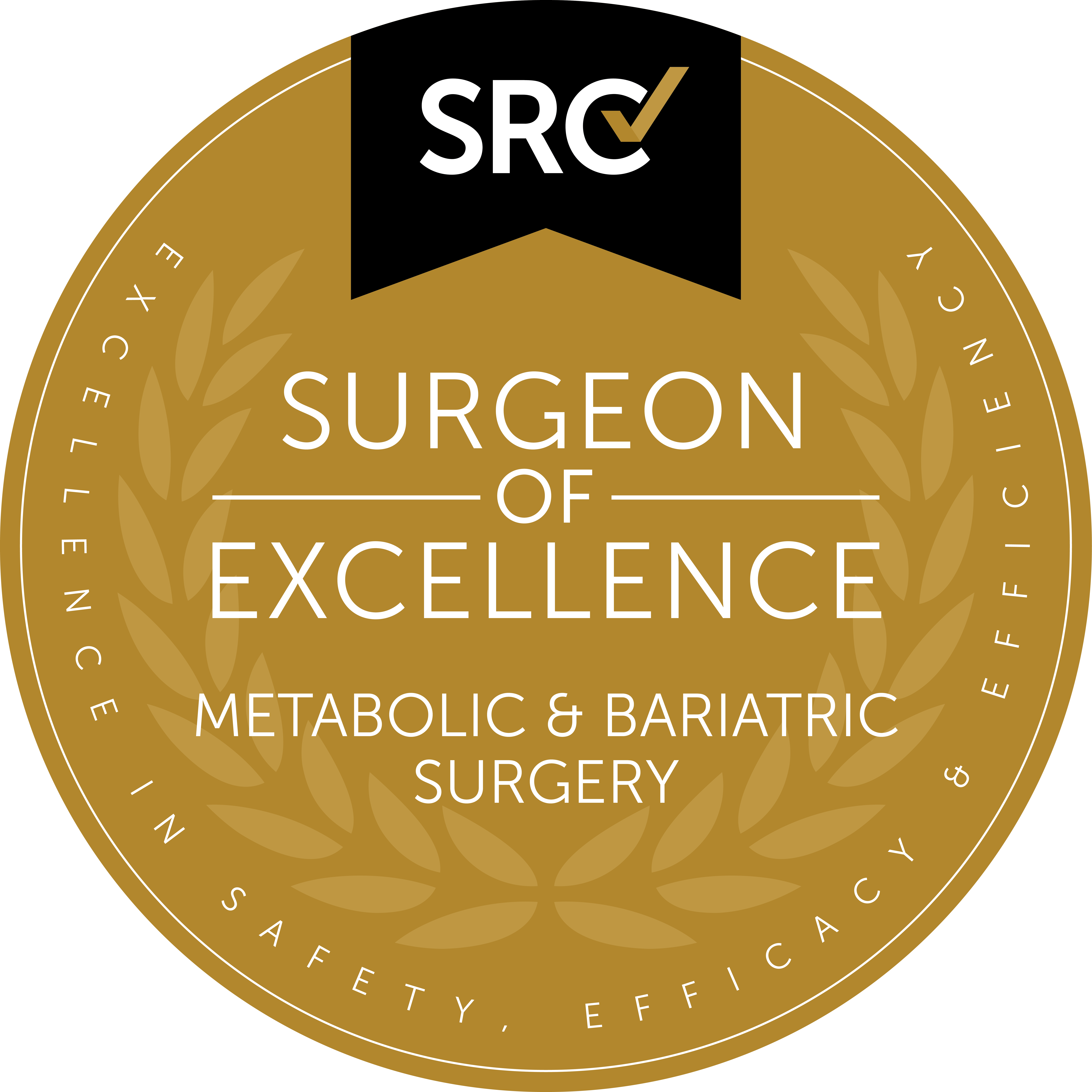Specialty
Obesity Surgery
Metabolic Surgery (Diabetic Surgery)
Proctology Surgery
Contact
Specialty
Obesity Surgery
Metabolic Surgery (Diabetic Surgery)
Proctology Surgery
Contact
Specialty
Obesity Surgery
Metabolic Surgery (Diabetic Surgery)
Proctology Surgery
One of the most common complaints after obesity surgery is hair loss, known as “telogen effluvium.” Rapid weight loss, changes in diet, and altered nutrient intake are some of the primary causes of this hair shedding. Additionally, post-surgery psychological stress can also contribute to increased hair loss. However, there is no need to worry — this is usually a temporary condition.
Hair loss after obesity surgery typically occurs between the 3rd and 9th months. In some patients, it may begin earlier or later. Under normal circumstances, hair shedding lasts around 3–4 months and rarely exceeds 6 months. On average, by 12–18 months after surgery — once weight loss and eating habits stabilize — the hair follicles, which were not permanently damaged, begin producing stronger and healthier hair than before.
After obesity surgery, it is crucial to ensure adequate intake of nutrients, especially protein, vitamins, and minerals. The reduced stomach capacity may lead to insufficient intake of essential nutrients. To prevent hair loss, supplementation of the key minerals zinc and iron, along with biotin, a B-group vitamin, is essential.
Iron deficiency is typically detected through low ferritin levels. A drop in ferritin levels is associated with telogen effluvium-type hair loss. If a deficiency is identified, iron supplements should be taken under a doctor’s supervision. Once patients return to a normal diet, sufficient intake of iron-rich foods is important. Good dietary sources include red meat, poultry, fish, legumes, dark leafy greens, nuts, and dried fruits.
To increase iron absorption: Avoid consuming iron-rich foods alongside calcium-rich foods (like milk or yogurt). Include vitamin C-rich foods (like lemon or tomatoes) with iron-rich meals to boost absorption.
Zinc is an essential mineral, and its deficiency can result from an unbalanced or insufficient diet. Studies have shown that zinc supplementation after surgery, when recommended by a doctor, can reduce hair loss complaints and resolve them by the 6th month.
However, high doses of zinc may cause adverse gastrointestinal effects such as nausea, abdominal pain, and vomiting, so caution is needed.
To prevent zinc deficiency when transitioning back to a regular diet, include foods like red meat, fish, legumes, pumpkin, seeds, and dairy products.
Biotin is a B-complex vitamin that contributes to hair structure. It is water-soluble and therefore not stored in the body. Biotin supplementation is known to have positive effects on hair loss. Including eggs — a good source of protein and biotin — in your diet can help support biotin intake.
As mentioned earlier, experiencing hair loss after surgery is a natural and temporary process. By following your doctor’s and dietitian’s advice, adhering to a well-balanced diet rich in essential nutrients, and using recommended vitamin and mineral supplements, you can effectively manage and minimize post-surgery hair loss.

Dyt. Çisil Güneş
Haziran 26, 2025
Did you find this content useful? Share it on your social media accounts:
Share with Facebook
Share with Twitter
Share with WhatsApp

Contact
+90 (533) 641 80 90
+90 (551) 690 80 90
[email protected]
Mimar Sinan, Işılay Saygın Sokak No: 23 K, D:1, 35220 Konak/İzmir
© 2023 Op. Dr. Mehmet Deniz - Izmir's First Metabolic Surgery Center
Designed By
Free Pre-Interview